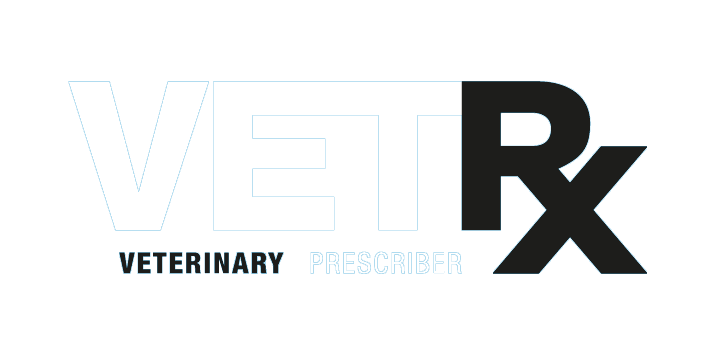New dog sedative UK
New dog sedative UK
Existing options for dog sedative UK
Medetomidine is a well-known dog sedative that has been available in the UK for many years for veterinary use. It is a peripheral and central alpha agonist used for sedation, muscle relaxation and analgesia due to its action to reduce the release of noradrenaline. Also, it acts within vascular smooth muscle to cause peripheral vasoconstriction that increases blood pressure, leading to a compensatory fall in heart rate, and it raises blood glucose levels.
Medetomidine is actually a mixture containing the active chemical dexmedetomidine and its inactive mirror image chemical levomedetomidine. Dexmedetomidine (which is also marketed on its own as a dog sedative) has similar efficacy to medetomidine but requires half the dose compared with medetomidine.
Antidote for dog sedative UK
Both the wanted (sedation) and unwanted (cardiovascular) effects of medetomidine and dexmedetomidine can be reversed in dogs, if necessary (e.g. 15–60 minutes later), with atipamezole, a selective alpha-2 adrenoceptor antagonist that acts both centrally and peripherally.
A new dog sedative product
Recently a new dog sedative UK product has arrived on the veterinary market in the form of Zenalpha. This new product contains medetomidine together with vatinoxan, a new peripherally-selective alpha-2 adrenoceptor antagonist which poorly penetrates the central nervous system. Vatinoxan is a completely new veterinary drug and the combination is a new development in the dog sedative UK market. The rationale for the combination is that vatinoxan reduces the peripheral cardiovascular adverse effects of medetomidine while not antagonising the central sedative effects, and so improves the safety margin. Due to the inclusion of vatinoxan in Zenalpha, routine use of atipamezole is not necessary after using Zenalpha.
Does this new product represent a therapeutic benefit over the existing dog sedative UK options?
By granting a marketing authorisation for a new product, the UK’s veterinary medicines regulator has judged that the benefits of the product outweigh any risks when the product is used in accordance with the product licence. But medicines regulators do not make judgements about the advantages or otherwise of the product relative to existing products that vets use. The pharmaceutical company that markets the product will make a case for prescribing and purchasing the product through its promotional messages to vets. And it is for vets to work out whether the buy and prescribe the product and decide whether and when there are advantages to using the product in place of what they already use. Vets can do this by reviewing the evidence, and critically appraising the promotional claims.
Important questions
Aspects of Zenalpha that will be of interest to vets/veterinarians are:
What is the evidence on efficacy?
What is the evidence on safety – how does it compare with medetomidine/dexmedetomidine alone?
How does Zenalpha compare with using a reversal agent?
How easy is it to use and how does it affect monitoring of the animal compared with conventional sedation?
What are the environmental impacts?
Are there cost savings?
What are the uncertainties?
When questions like these are answered, a vet can make a rational decision about using the product.
Veterinary Prescriber gives you the answers to these questions
When we review a new medicine, we gather all the evidence and appraise it (we’re experts in critical appraisal) and check if the promotional claims are justified. An important part of our editorial process is to consult practising vets. This helps ensure we answer important questions about a medicine’s use in clinical practice and we can incorporate insights from clinical experience. Our impartial reviews are presented as CPD modules that you can read or listen to. The modules include a quiz to check your knowledge and reflective exercises to help you apply the knowledge in practice (and to help with submitting CPD records). The short vidoe below will give you an idea of the module content and presentation.

